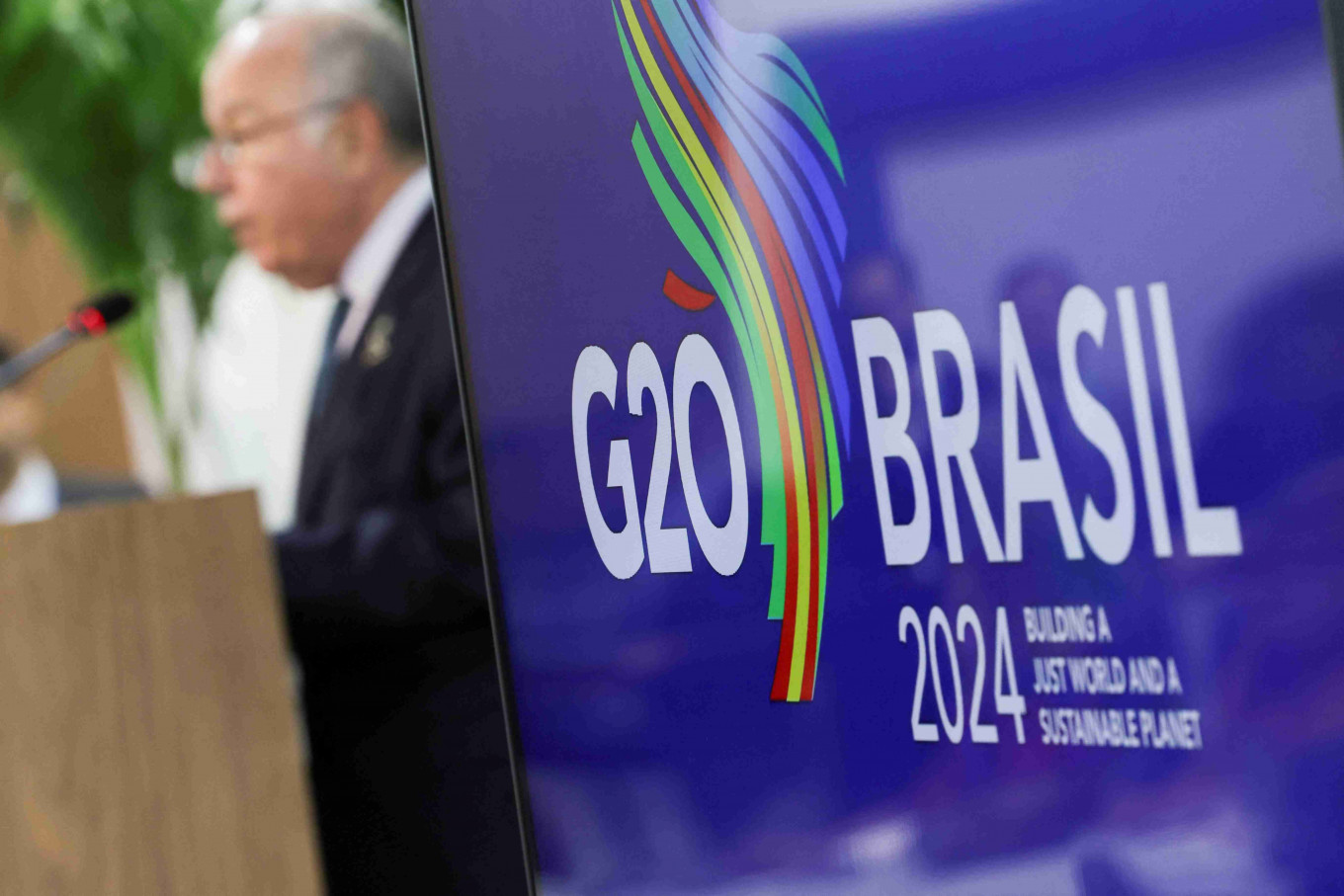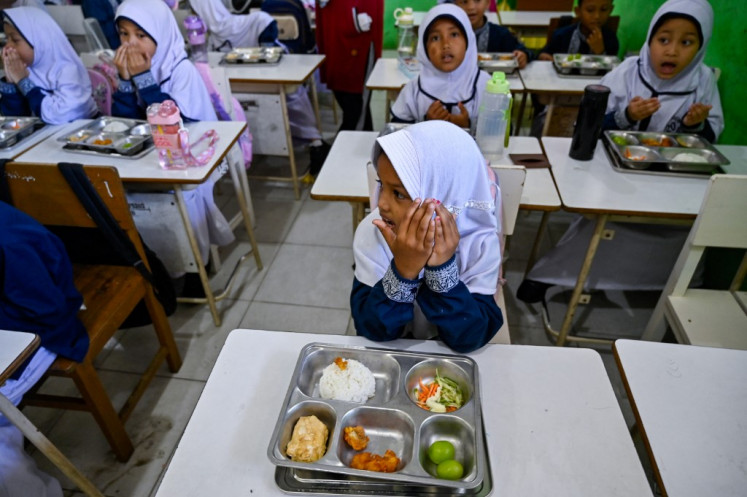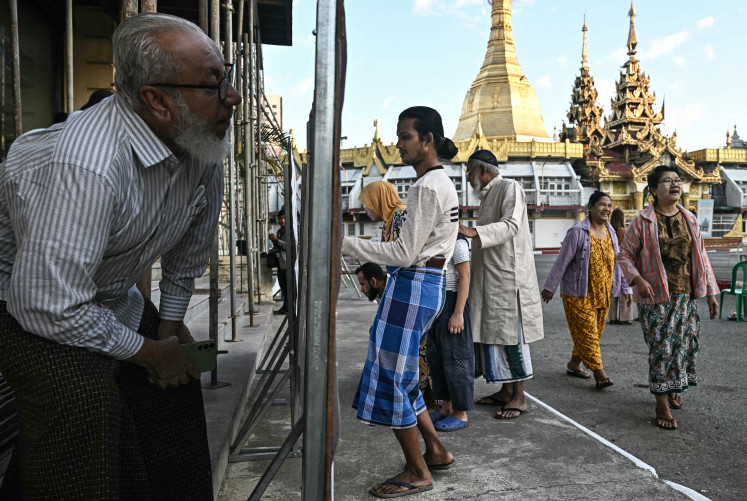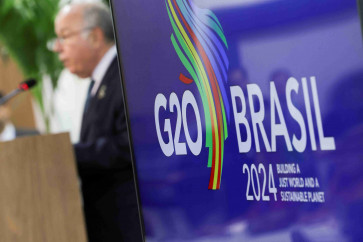Popular Reads
Top Results
Can't find what you're looking for?
View all search resultsPopular Reads
Top Results
Can't find what you're looking for?
View all search resultsG20: From economic convergence to geopolitical paralysis
The international grouping of major developed and developing countries needs to get back to basics in steering the global economy toward prosperity for all, lest it diminish into a mere geopolitical forum.
Change text size
Gift Premium Articles
to Anyone

The Group of 20 has experienced a violent shock, where geopolitics is holding back progress on substantial agreements that had been the spirit of the organization. The last two G20 presidencies of Indonesia and India only agreed on a leaders’ declaration, a summary of attitudes to answering the world’s challenges at that time.
At the technical level, only a chairman’s statement could be issued following ministerial dialogues due to difficulty reaching consensus language regarding the war in Ukraine.
Brazil is hosting this year’s summit, and the G20 Sherpa meeting in Rio de Janeiro has just concluded. Sherpas are senior government officials representing their heads of state who formulate the leaders’ declaration by finding consensus among G20 members.
However, the recent discussions were far from reaching a consensus on any concrete outcomes. Again, it is not easy to step toward convergence because of geopolitical tensions.
The G20, a forum grouping 20 major rich and emerging economies, was once a beacon of innovation and crisis management, a steering body for a strong, sustainable and balanced global economy. However, geopolitics is gumming up its agenda and as a result, the forum is failing to advance prosperity and improve people’s lives.
The forum has built a track record of securing political will for groundbreaking solutions to global challenges, channeling these solutions through strengthening international organizations like the International Monetary Fund (IMF), the Organisation for Economic Co-operation and Development (OECD), the World Bank and the World Trade Organization (WTO) for better management of the global economy.
Its successes include advancing international tax transparency initiatives, pushing back on protectionist measures and reducing the cost of remittances for migrants worldwide. In response to the global financial crisis, G20 members rapidly coordinated monetary and fiscal policy to stabilize and support financial system stability.



















